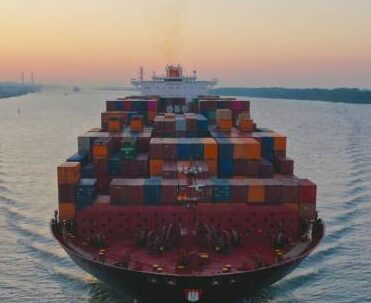
-
Plight of more than 400,000 seafarers stranded at sea due to COVID-related crew change crisis prompts four UN bodies to call for continued global action to resolve the problem
-
ILO, IMO, WTO and WHO say the emergence of Omicron has undermined the seafarers’ previously improving situation stemming from relaxed travel restrictions and increased vaccination rates
-
Tightened restrictions have kept the seafarers at sea often beyond the default 11-month maximum continuous service on board under Maritime Labour Convention
-
More than 400,000 seafarers, some possibly Filipinos, are at times stranded at sea due to coronavirus pandemic restrictions, triggering a crew change crisis that prompted four United Nations organizations to call for continued global collaboration to address the problem.
The International Labour Organization, International Maritime Organization, United Nations Conference on Trade and Development and World Health Organization said in a joint statement on February 28 that new challenges and variants of concern like Omicron threaten to worsen the seafarers’ plight.
The Philippines’ Department of Labor and Employment estimates the pre-pandemic number of Filipino seafarers on ocean-going vessels at 229,000, making them the world’s largest group of maritime staff.
The ILO, IMO, WTO and WHO said the plight of the world’s seafarers had shown signs of improvement as COVID-19 travel restrictions eased and vaccination rates increased among them.
But the emergence of Omicron has rekindled the humanitarian crisis at sea, with many seafarers stranded on their vessels beyond their contracts due to health restrictions at ports that hamper crew change, the four UN bodies said.
The Neptune Declaration Crew Change Indicator, which is based on data from 10 major ship managers employing some 90,000 seafarers, showed the percentage of seafarers on board vessels beyond their contracts decreased from 9% in July 2021 to 3.7% last December.
But the share bounced back up to 4.2% by mid-January this year. After Omicron was designated as a “variant of concern,” many countries quickly reimposed measures such as travel bans that have affected the seafarers, most of whom are from developing countries.
Restrictions to fight the spread of the pandemic have left the seafarers stranded at sea often beyond the default 11-month maximum period of continuous service on board, as required by the Maritime Labour Convention of 2006.
More than 80% of the volume of global trade in goods is carried by sea. Throughout the pandemic, the world’s 1.9 million seafarers have played a vital role in keeping ships moving and ensuring critical goods such as food, medical equipment and vaccines are delivered, the UN bodies said.




